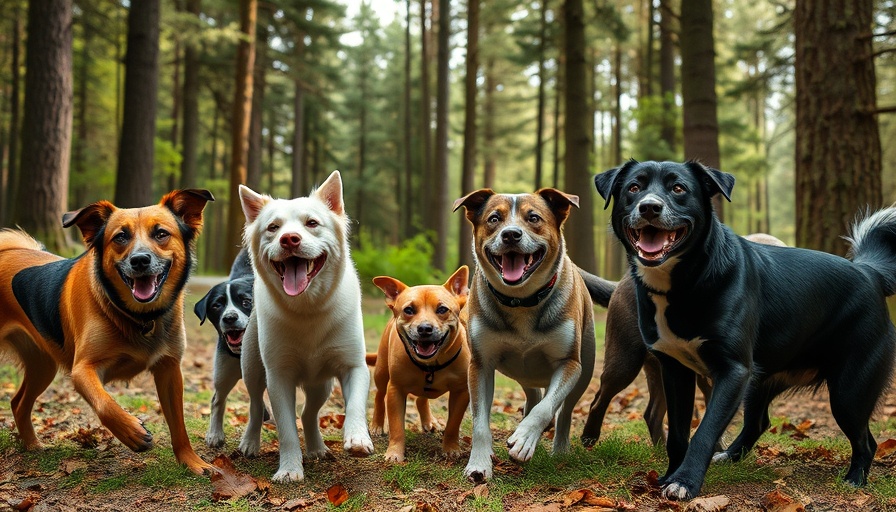
Why Dog Parks Aren't Always the Best Choice for Your Pup
Dog parks might seem like the perfect solution for pet owners seeking a place to let their furry friends run free, but are they really the best choice? For many pet parents, the thought of an open area filled with dogs can be appealing, offering a chance for their pets to socialize and exercise. However, the reality can often be more complex, posing several risks to the health and safety of your dog.
The Hidden Dangers of Canine Communal Spaces
One of the primary concerns about dog parks is the risk of disease transmission. Dog parks can be breeding grounds for various infectious diseases such as parvovirus, distemper, and kennel cough. With dogs mingling from various backgrounds and health statuses, the uncertainty of vaccination protocols can leave your pet vulnerable to illnesses. This point is particularly pivotal for owners of unvaccinated puppies and older dogs with compromised immune systems.
The Threat of Aggression in Unsupervised Settings
Aside from health risks, the lack of supervision and varied behavior of dogs in parks can lead to aggression and fights. Many parks are often filled with enthusiastic canines whose play styles may not be compatible. Not all dogs are friendly, and confrontations can arise unexpectedly, especially when toys and treats come into play. If your dog isn’t well-versed in social situations or has a history of aggression, it’s wise to weigh your options carefully.
Small Dogs in a Big World: A Recipe for Anxiety
If you have a small breed, the danger becomes even more pronounced. In a bustling park environment, larger dogs can pose an accidental threat to their smaller counterparts. The anxiety that small dogs may feel in competitions with larger ones can not only be distressing but downright dangerous when play turns rough. Hence, it’s crucial to find pet-friendly environments tailored for smaller breeds.
Creating a Stress-Free Socialization Environment
While some dogs thrive in the chaos of a dog park, others can become overwhelmed. If your pup isn’t skilled at social interaction, a dog park may not be the ideal venue. Opting for less chaotic settings, such as a private yard or enclosures designed for smaller dogs, can ensure a more positive experience. This controlled environment can help those less socially adept dogs learn and grow without the overwhelming stress.
Alternatives to Dog Parks: Finding the Right Fit
So, what are the alternatives to dog parks? Consider engaging in playdates with trusted canine companions or seeking out supervised pet daycare facilities. These alternatives not only provide a more controlled environment but also mitigate the risks previously mentioned. Additionally, practicing social skills in smaller, staged settings can pave the way for more comfortable interactions down the line.
Understanding Individual Needs: The Key to Responsible Pet Ownership
As responsible pet owners, it’s essential to recognize that every dog is unique. Some breeds and individuals may require different approaches to socialization and play. Being attuned to your dog's specific needs, temperament, and social skills will help guide your decision making. For instance, a service dog in training may benefit more from structured environments rather than the unpredictable nature of a dog park.
Final Thoughts: Prioritize Your Dog’s Well-Being
Ultimately, prioritizing your dog’s health, safety, and well-being extends beyond choosing the right place to let them romp around. In a world where pet dynamics can rapidly shift, staying informed about the environments you expose your furry friend to becomes essential. When evaluating whether to visit a dog park, consider the various factors discussed and always keep your dog’s unique needs at the forefront of your decision.
If you’re curious about more ways to ensure your pup stays healthy and happy outside of dog parks, explore local pet events or training sessions that focus on positive reinforcement methods. Engaging with your dog in proactive and safe settings not only fosters their health but can strengthen the bond you share. Consider reaching out to fellow pet owners or local pet professionals for insights that align with creating enriching experiences for your beloved companion.
 Add Row
Add Row  Add
Add 


Write A Comment